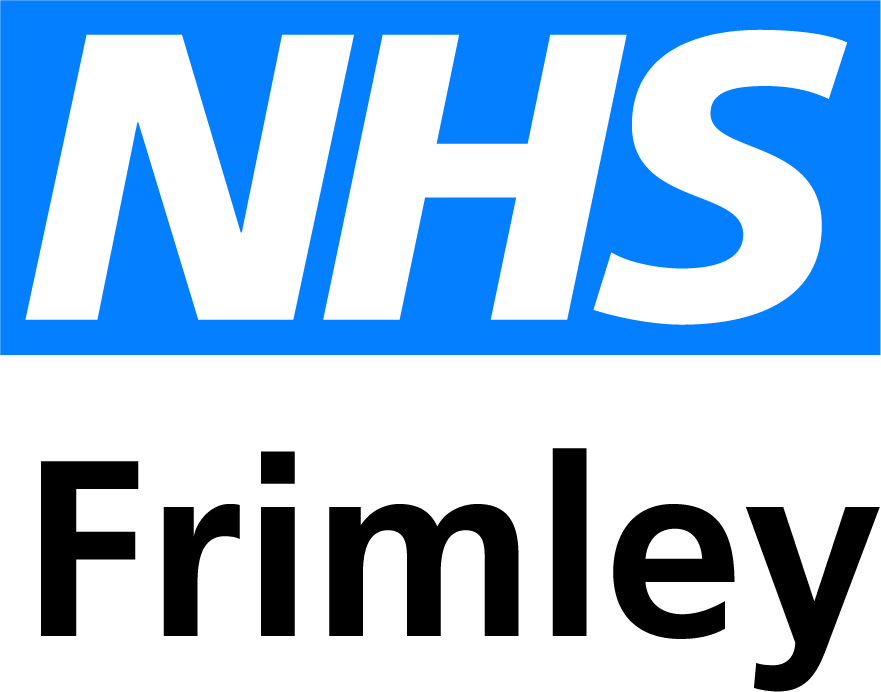The following information is from www.nhs.uk. To find out more, click here.
In vitro fertilisation (IVF) is one of several techniques available to help people with fertility problems have a baby.During IVF, an egg is removed from the woman's ovaries and fertilised with sperm in a laboratory.
The fertilised egg, called an embryo, is then returned to the woman's womb to grow and develop.
It can be carried out using your eggs and your partner's sperm, or eggs and sperm from donors.
Who can have IVF?
The National Institute for Health and Care Excellence (NICE) fertility guidelines make recommendations about who should have access to IVF treatment on the NHS in England and Wales.
These guidelines recommended that IVF should be offered to women under the age of 43 who have been trying to get pregnant through regular unprotected sex for 2 years, or who have had 12 cycles of artificial insemination.
However, the final decision about who can have NHS-funded IVF in England is made by local NHS commissioners, and their criteria may be stricter than those recommended by NICE.
If you're not eligible for NHS treatment, or you decide to pay for IVF, you can have treatment at a private clinic. Costs vary, but 1 cycle of treatment may cost up to £5,000 or more.
Read more about the availability of IVF.
Speaking to your GP about IVF
If you're having trouble getting pregnant, you should start by speaking to your GP. They can advise on how to improve your chances of having a baby.
If these measures don't work, your GP can refer you to a fertility specialist for a treatment such as IVF.
Read more about getting started with IVF.
What happens during IVF
IVF involves 6 main stages:
- suppressing your natural cycle – the menstrual cycle is suppressed with medication
- boosting your egg supply – medication is used to encourage the ovaries to produce more eggs than usual
- monitoring your progress and maturing your eggs – an ultrasound scan is carried out to check the development of the eggs, and medication is used to help them mature
- collecting the eggs – a needle is inserted into the ovaries, via the vagina, to remove the eggs
- fertilising the eggs – the eggs are mixed with the sperm for a few days to allow them to be fertilised
- transferring the embryo(s) – 1 or 2 fertilised eggs (embryos) are placed into the womb
Once the embryo(s) has been transferred into your womb, you'll need to wait 2 weeks before taking a pregnancy test to see if the treatment has worked.
Read more about what happens during IVF.
Chances of successThe success rate of IVF depends on the age of the woman undergoing treatment, as well as the cause of the infertility (if it's known).
Younger women are more likely to have a successful pregnancy. IVF isn't usually recommended for women over the age of 42 because the chances of a successful pregnancy are thought to be too low.
Between 2014 and 2016 the percentage of IVF treatments that resulted in a live birth was:
- 29% for women under 35
- 23% for women aged 35 to 37
- 15% for women aged 38 to 39
- 9% for women aged 40 to 42
- 3% for women aged 43 to 44
- 2% for women aged over 44
These figures are for women using their own eggs and their partner’s sperm, using the per embryo transferred measure.
The Human Fertilisation and Embryo Authority (HFEA) has more information on in vitro fertilisation (IVF), including the latest success rates.
Maintaining a healthy weight and avoiding alcohol, smoking and caffeine during treatment may improve your chances of having a baby with IVF.
Patients registered with a GP practice in Bracknell, Royal Borough of Windsor and Maidenhead or Slough
Select Frimley (East Berkshire) from the list on the page and search for 'assisted conception'.
Patient registered with a GP practice in North East Hampshire
Patients registered with a GP practice in North East Hampshire fall under a policy established by the Hampshire Primary Care Trust.
Treatment must begin before the patient's 35th birthday
One IVF cycle is funded, meaning:
- One fresh cycle, and;
- One subsequent frozen cycle, using stored embryos, if the fresh cycle fails
You can view the policy through the Individual Funding Request website here.
To find the policy, click on Frimley (North East Hants & Farnham) in the list on the page and search for 'assisted conception'.Patients registered with a GP practice in Farnham
The referral must be made before the patient's 40th birthday.
Treatment must begin within six months of the patient's 40th birthday.
Two IVF cycles are funded, meaning:
- Two fresh cycles, and;
- Two subsequent frozen cycles, using stored embryos, if the fresh cycles fail.
You can view the policy through the Individual Funding Request website here.
Search for assisted conception




